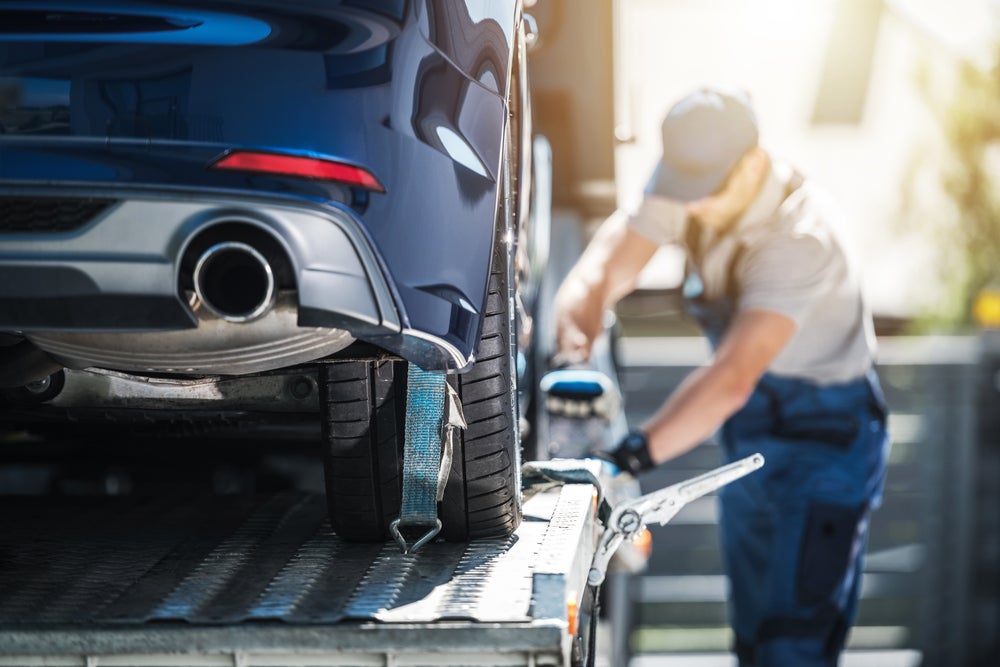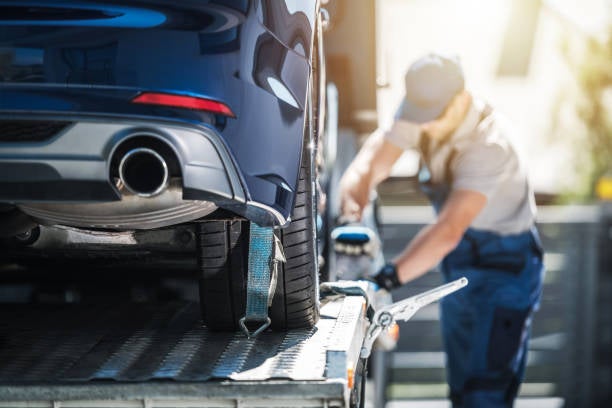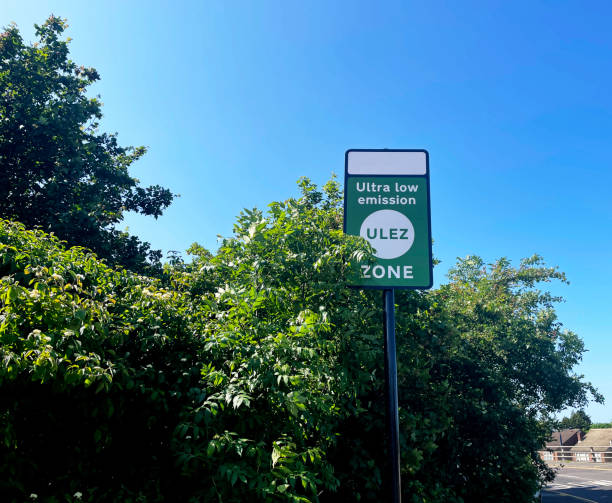
It was not too many years ago that the vehicle repossession industry was referenced as “a bit like the wild west” and I think it is fair to say that it has moved on exponentially in terms of conduct and compliance in recent years. Mel Chell, partner at Shoosmiths, writes.
Lenders now understand that efficient and compliant vehicle collection and recovery is essential for helping to ensure good customer outcomes.
The Financial Conduct Authority (FCA) impose regulatory requirements on lenders, recovery and collection agents. The overarching Principles set out the requirements that all FCA regulated firms must comply with including PRIN 6 relating directly to the fair treatment of customers.
The FCA also imposes requirements on lenders to ensure anyone acting on its behalf complies with CONC and has the requisite skills, knowledge, and expertise to discharge the obligations and responsibilities allocated to them. Finally, CONC itself (CONC 7.3) sets out the requirements in relation to repossessions and debt collection.
The Covid-19 pandemic has caused my lenders to look at their panel agents with increased scrutiny as a direct result of the emphasis placed by the FCA on increased forbearance for customers, whether that be by payment deferral or tailored support and the requirement for lenders to ensure that repossessions are now a “last resort”.
Lenders have had to finesse repossession policies, be much more direct with agents in terms of their expectations and also issue letters of comfort to agents to confirm that they will only instruct a repossession as a last resort.
How well do you really know your competitors?
Access the most comprehensive Company Profiles on the market, powered by GlobalData. Save hours of research. Gain competitive edge.

Thank you!
Your download email will arrive shortly
Not ready to buy yet? Download a free sample
We are confident about the unique quality of our Company Profiles. However, we want you to make the most beneficial decision for your business, so we offer a free sample that you can download by submitting the below form
By GlobalData“Whilst complaints about agent conduct are not commonplace, it is not entirely unusual for a disgruntled customer to allege that the agent was heavy-handed.”
In response to this increased scrutiny the FLA have formed a new committee called the Vehicle Recovery and Collections Committee (VRAC) which is made up of repossession agents, lenders, and advisors. The newly formed committee has worked together to create new industry standards for vehicle recovery and collection.
The new standards prescribe the policies that agents should have in place around areas such as data, IT and cyber security, vulnerable customers, breathing space and appointed representative supervision. It also requires agents to have in place comprehensive insurances, undertake thorough pre-employment screening and ensure all staff receive thorough training.
The new standards will be specifically referenced in the FLA Lending Code, thereby making the requirements mandatory.
One area which VRAC debated was the extent to which field agents should be required to evidence field activity in order to enable the agents and lenders to evidence compliance with CONC at all times. It is clearly of benefit to both the lender and the agent to be able to provide clear and undisputable evidence as to what was said to a customer in the field.
Whilst complaints about agent conduct are not commonplace, it is not entirely unusual for a disgruntled customer to make an allegation of misrepresentation or even for the customer to allege that the agent was heavy-handed.
The new standards do require calls to customers to be recorded but require a risk-based approach to evidencing conduct in the field. There is currently no requirement for body worn cameras to be used and it is for lenders and agents to agree an approach they are collectively happy with.
However, agents wearing cameras can record high quality audio and visual footage and the forward-facing screen allows those being recorded to see that a camera is in use, which can promote a more agreeable interaction from both parties.
It is clear there is a huge evidential benefit of body camera footage which allows facts to be established, leaves little room for doubt or misinterpretation and avoids the need for disputes of fact to be resolved by witness evidence only. It also protects agents from vexatious and spurious allegations regarding conduct in the field.
In summary, lenders should take the following urgent actions:
- Review the standards and ensure that they are reflected in your SLA with agents;
- Plan and undertake audits to evidence compliance;
- Ensure you have a repossession policy in place;
- Ensure you have sent your agents a letter confirming you will only instruct them to repossess as a last resort;
- Consider your risk appetite for evidencing field activity and discuss this with your agent panel.







